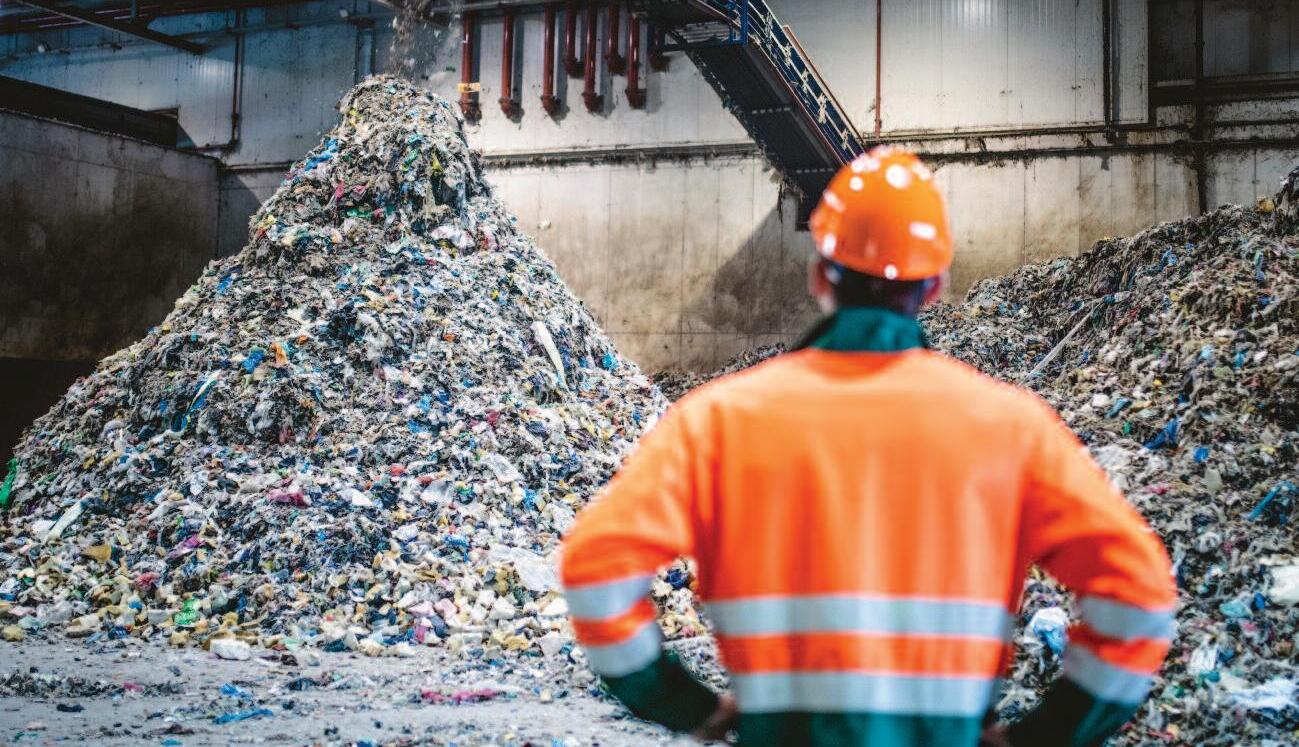
2 minute read
The Global Plastics Treaty
The world is slowly waking up to the fact that we are living in a plastics crisis
In November 2022, countries around the world began negotiating on a legally binding Global Plastics Treaty to end plastic pollution A series of international meetings are happening in the lead up to the final agreement expected by the end of 2024. It has the potential to be a landmark success in environmental diplomacy.
Advertisement
The draft treaty tackles the whole lifecycle of plastics from design and production to use and disposal, which is needed to address the scale and complexity of the issue. It recognises that the chemical impact of plastics must be addressed Most of the UN Member States are supporting the treaty and the process has brought together indigenous people, workers, trade unions, waste pickers, environmental groups and scientists.
Unfortunately, there are still concerns that need to be overcome. The negotiations have involved the plastics industry, including oil and gas lobbyists, and the promising start to the treaty is beginning to be overshadowed by industry involvement. At the last round of negotiations, in June of this year, industry was accused of deliberately slowing down the process to limit what could be agreed.
Community groups and environmental organisations are calling for the Global Plastics Treaty to include requirements for environmental justice, a just transition for waste pickers and others and to find solutions to the plastic crisis which does no harm to the climate, biodiversity or human health. This is currently being overlooked but it is essential to create a fairer future
The Montreal protocol – the first treaty to be ratified by every country on Earth – has phased out the use of nearly 100 substances that attack the planet’s protective ozone. If it’s successful, the impact of the Global Plastics Treaty could be as significant.
Scotland’s Role
The UK is part of a coalition of over 50 governments which are calling for an ambitious Global Plastics Treaty. However, this commitment needs to be backed by action which can start right now Scotland needs to play its part in this. The petrochemical giant, INEOS, based in Grangemouth, is Europe’s top producer of ethelyne, which is used in making more than half of plastic and petrochemical products, including single use plastics. We urgently need a plan to phase out plastic production and convert the Grangemouth site to the green industries of the future, supporting workers and the local community in the process as part of a just transition

A new law which aims to create a circular economy to make material use more sustainable has just been introduced to the Scottish Parliament. This is an important opportunity to create a strong framework to reduce the amount of plastic and other materials Scotland uses and to take responsibility for impact of Scotland’s plastic consumption overseas. We need to regulate producers to design products from lower carbon materials, that are built to last and be easily repairable.
In Scotland, we should be aiming for a future which is free from the harm that plastic does to the environment, to our bodies and to people across the world. We can strengthen global efforts to do this by creating the change we want to see here in Scotland










